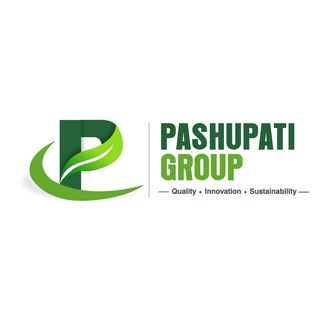Introduction
Plastic waste is one of the most pressing environmental issues worldwide. While the convenience of plastic has revolutionized industries, improper disposal and excessive use have caused significant harm to ecosystems. Recycling of plastic can mitigate these issues, providing benefits to the environment, economy, and plastic industries. In this article, we’ll explore the recycling of plastic, its benefits, and its impact on the environment.
- The Importance of Recycling Plastic
- Why Recycle? Recycling of plastic is essential to reduce pollution, save energy, and conserve resources. By converting plastic waste into reusable materials, recycling lessens the demand for virgin plastic production, helping the plastic industry shift toward a more sustainable future.
- Support for Circular Economy: Recycling is crucial for building a circular economy, where resources are reused, minimizing waste. Plastic recycling not only reduces the need for new materials but also encourages the creation of sustainable products.
- Benefits of Plastic Waste Recycling
- Environmental Conservation: Recycling reduces the amount of plastic waste in landfills, oceans, and natural habitats. This helps protect wildlife and ecosystems from pollution and plastic-related hazards.
- Energy Savings: Recycling plastic uses significantly less energy than producing virgin plastic, lowering carbon emissions and supporting energy conservation efforts in the plastic industries.
- Economic Opportunities: Recycling programs create jobs, reduce waste management costs, and generate new products from recycled plastic, contributing to economic growth and green industry innovation.
- Resource Preservation: By recycling, we conserve valuable natural resources like petroleum, which is used to create virgin plastic, making it an environmentally responsible choice.
- Effects of Plastic on the Environment
- Impact on Wildlife: Plastic waste in the environment poses risks to animals, who may ingest or become entangled in plastic, leading to injury or death.
- Soil and Water Pollution: Microplastics from degraded plastics pollute soil and water, impacting plant growth and contaminating water sources, which affects both humans and wildlife.
- Climate Change Contribution: Virgin plastic production is energy-intensive and contributes significantly to greenhouse gas emissions, which accelerate global warming.
- Human Health Risks: Chemicals in plastic can leach into food and water, posing health risks. By recycling and reducing plastic waste, we can help mitigate these effects on health.
- The Role of Plastic Industries in Recycling Initiatives
- Innovative Recycling Methods: The plastic industry is advancing new recycling technologies, such as chemical recycling and biodegradable plastics, to reduce plastic waste and support sustainable production.
- Industry Partnerships and Initiatives: Many companies are partnering with environmental organizations to develop better recycling practices, aiming to achieve circularity within the industry.
- Eco-Friendly Product Development: By using recycled plastics in production, plastic industries are creating eco-friendly products, reducing waste, and promoting sustainable practices.
- How Can Consumers Support Plastic Recycling?
- Proper Disposal and Sorting: Individuals can make a difference by sorting plastic waste and disposing of it properly to aid recycling facilities.
- Supporting Recycled Products: Choosing products made from recycled plastic supports the demand for recycled materials, motivating industries to invest further in recycling.
- Advocacy for Recycling Programs: Encouraging local and national governments to improve recycling infrastructure helps create more accessible and effective recycling systems.
Conclusion
Recycling of plastic is a powerful solution to counter the environmental and health impacts of plastic waste. By understanding its benefits, we can make more informed choices and support initiatives that promote sustainability within the plastic industries. As individuals, industries, and governments work together, we can reduce plastic waste and create a healthier planet for future generations.
This outline emphasizes the importance of plastic recycling and highlights the role of both industries and individuals in contributing to a sustainable environment. Let me know if you’d like additional details or specific examples!
Read More:

Leave a Reply
You must be logged in to post a comment.